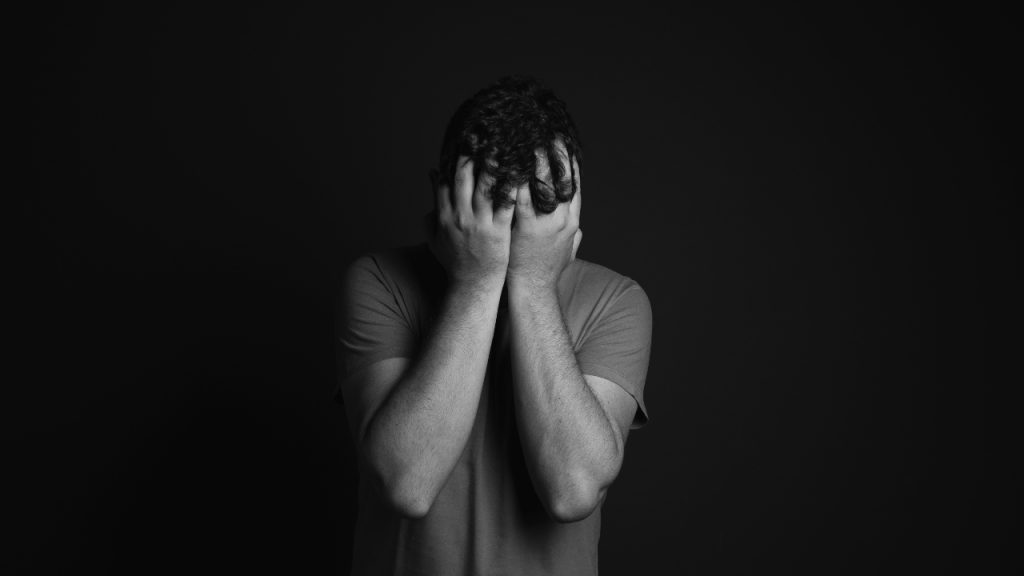Depression is a common but serious mental health condition that affects how a person feels, thinks, and handles daily activities. Often misunderstood or dismissed, it can gradually take a toll on one’s emotional and physical well-being. Recognizing the early signs of depression is crucial for seeking timely help and managing its impact effectively. This article explores how to identify early symptoms of depression and practical ways to cope.
What Is Depression?
Depression, also known as major depressive disorder, is more than just feeling sad or going through a rough patch. It’s a medical condition that can interfere with daily functioning and reduce one’s quality of life. According to the World Health Organization (WHO), over 280 million people globally suffer from depression, making it a leading cause of disability worldwide.
Early Signs of Depression
Identifying depression early can lead to better outcomes. Here are some common early warning signs:
1. Persistent Sadness
One of the most recognizable symptoms is a continuous feeling of sadness or emptiness that lasts for weeks or even months.
2. Loss of Interest
People with depression often lose interest or pleasure in activities they once enjoyed, including hobbies, sports, or spending time with loved ones.
3. Changes in Sleep Patterns
This can include insomnia, waking up too early, or sleeping too much. Poor sleep can worsen depressive symptoms.
4. Fatigue or Low Energy
A constant feeling of tiredness, even without physical activity, is common and may lead to difficulty performing routine tasks.
5. Changes in Appetite or Weight
Significant weight loss or gain, or noticeable changes in appetite, can be early indicators of depression.
6. Difficulty Concentrating
Depression can affect your ability to focus, make decisions, or remember things, which can interfere with work or school performance.
7. Feelings of Worthlessness or Guilt
Unrealistic feelings of guilt or worthlessness can dominate a person’s thoughts, often leading to low self-esteem.
8. Physical Aches and Pains
Unexplained headaches, stomach problems, or back pain without a physical cause may also be symptoms of depression.
How to Cope with Depression
Recognizing symptoms is only the first step. Learning how to cope with depression is essential to the healing process. Here are some effective strategies:
1. Seek Professional Help
Talking to a mental health professional such as a psychologist, psychiatrist, or counselor can provide accurate diagnosis and treatment. Therapy, medication, or a combination of both may be recommended.
2. Talk About It
Opening up to a trusted friend or family member can ease emotional burden and help you feel less alone.
3. Stay Active
Exercise releases endorphins, which are natural mood boosters. Even a short daily walk can help improve your mental state.
4. Create a Routine
A structured daily routine can offer stability and a sense of purpose, which are vital in coping with depression.
5. Limit Alcohol and Caffeine
Both substances can negatively affect mood and sleep, potentially worsening depression symptoms.
6. Practice Self-Care
Engage in activities that promote relaxation and happiness, such as reading, listening to music, meditation, or spending time in nature.
7. Set Small Goals
Accomplishing small tasks can build confidence and motivation. Avoid overwhelming yourself with large or unrealistic goals.
When to Seek Immediate Help
If you or someone you know is experiencing thoughts of self-harm or suicide, it is important to seek help immediately. Contact a mental health professional, call emergency services, or reach out to a crisis hotline.
Final Thoughts
Depression is a treatable condition, but early recognition and intervention are key. If you notice signs of depression in yourself or a loved one, don’t hesitate to take action. By acknowledging the symptoms and using healthy coping mechanisms, you can begin the journey toward healing and emotional well-being. Remember, seeking help is not a sign of weakness—it is a step toward strength and recovery.


